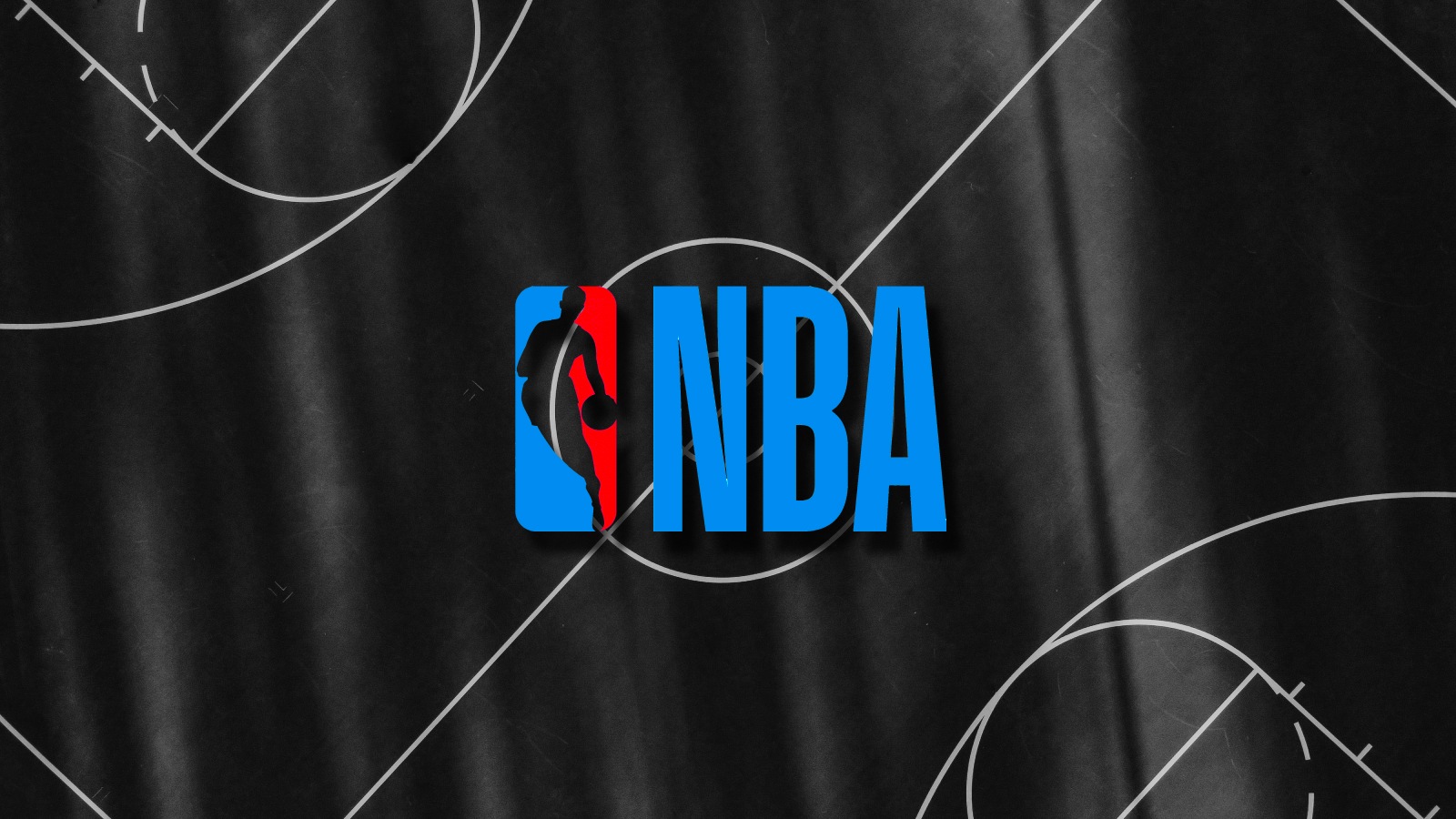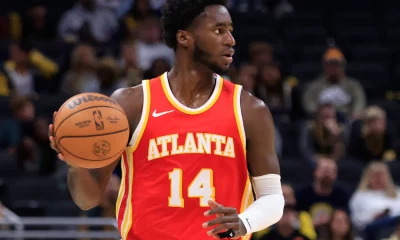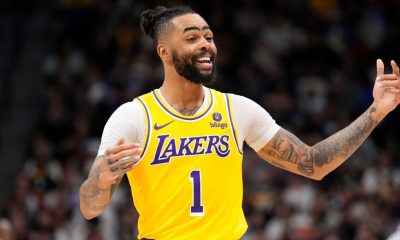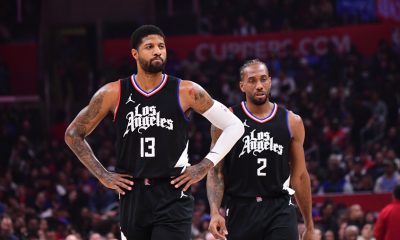Minnesota needs to make the NBA’s decision look good.
The Wolves are used to being shunned from the national spotlight. The league gave them one nationally televised game in 2019, 2020, and 2021. To be fair, Minnesota won less than 30 games in two of those seasons. It is pretty black and white; the NBA doesn’t award teams with nationally televised games if they aren’t winning.
However, keeping rebuilding teams out of the national spotlight drives from another factor – a lack of star power. After Kevin Garnett left the Wolves in 2007, they did not have a generational star until they drafted Edwards. Andrew Wiggins showed flashes but never developed into the No. 1 option Minnesota hoped he would become. In 2018, Jimmy Butler led the Wolves to their first playoff berth in 13 years, but he lasted less than two seasons in the Twin Cities. Towns is a multi-time All-Star and the greatest three-point-shooting big man ever. He has an impressive resume but couldn’t lead the Wolves deep into the playoffs as the No. 1 option.
The mid-market Wolves simply haven’t had a star so well-liked that fans from across the globe would watch a random game in November to see them play. That is until a kid from Atlanta burst onto the scene in Minnesota.
The Wolves went 56-26 last season, their second-most regular season wins in franchise history, and finished third in the Western Conference. They filled their regular season with blowout victories, broken franchise records, and free chicken after missed free throws. It was incredibly entertaining for Wolves fans. However, their team was only on national TV nine times in the regular season. Therefore, it wasn’t until the playoffs that the Wolves put their stake in the ground as must-see TV, as Charles Barkley would (attempt) to say.
It started with Anthony Edwards cooking his basketball idol in Games 1 and 2 of the first round and then DX chopping in Footprint Center as the Wolves swept the Phoenix Suns. He hung 43 points on the board as the Timberwolves stole Game 1 on the road against the Nuggets. After falling behind 3-2 against Denver, Edwards told a locker room attendant in Ball Arena that he would “See ya’ll motherf–kers for Game 7.” He stayed true to his word and hit the corner triple seen across the globe, putting Wolves up ten in Game 7 and sealing their 20-point comeback win to advance to the Western Conference Finals for the first time in 20 years.
Virtually all of Minnesota’s most memorable postseason highlights involved Edwards, and they were all on national television. The 23-year-old is captivating on the court and entertaining off of it. He has quickly blossomed into one of the most exciting players in the NBA, especially after his Gold Medal run with Team USA in the Paris Summer Olympics.
Edwards has single-handedly put Minnesota on the map as an electrifying team capable of making noise in the postseason. The Wolves finally have the NBA’s attention, but the real challenge is now – they have to make the league look good.
Chris Finch has pretty much the same rotation as last season, minus Kyle Anderson, who signed with the Golden State Warriors. However, they have less depth at backup point guard after Monte Morris (Suns) and Jordan McLaughlin (Sacramento Kings) signed elsewhere.
No. 8 overall pick Rob Dillingham, 19, is Minnesota’s backup point guard, but he started only one game at Kentucky. The Wolves lost depth and will work through Dillingham’s NBA transition, but they are still equipped to make noise in the regular season again. They must thank the NBA for giving them more national TV slots by being a winning team capable of the highlight reel plays on Bleacher Report’s social media feed.
Lucky for the Wolves, they have Edwards, who has proven he can lead a team to profound postseason success and make them popular nationally.
The Timberwolves will play on opening night, battling the Los Angeles Lakers, the league’s most popular team. They are also playing on Christmas in a Western Conference Finals rematch against the Dallas Mavericks and MLK Day against the Memphis Grizzlies. With 18 nationally televised games in the regular season alone, the NBA has given the Wolves a stage large enough to prove to fans across the globe that the sub-30 win seasons are far behind them and that a new era is at the doorstep.













